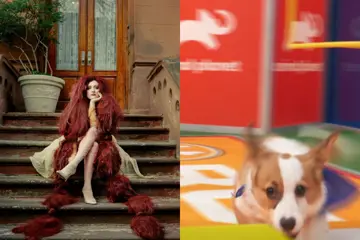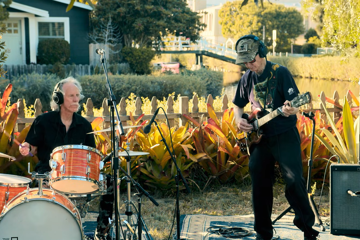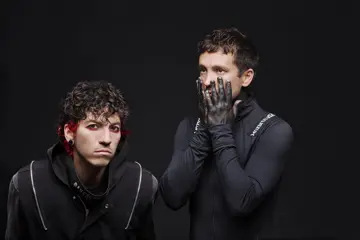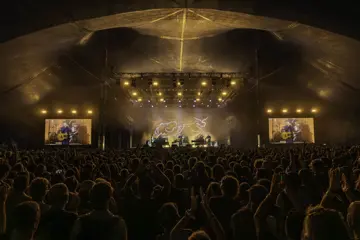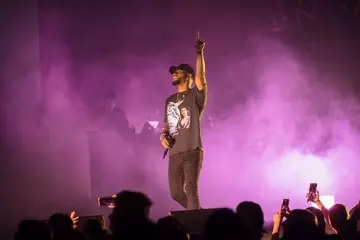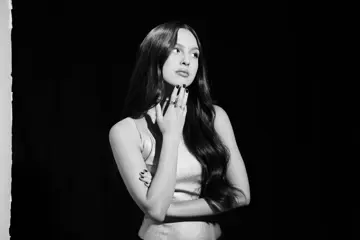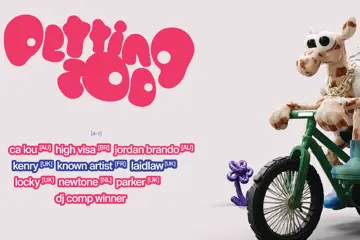Emma Valente and Kate Davis, co-artistic directors of The Rabble, sit on wonky chairs and smoke cigarettes outside the converted warehouse they've been using as a rehearsal space. Valente and Davis have been consistently working together since they met at university back in 1997. “We are almost telepathic now,” says Davis. Together they've developed a visually rich and uniquely experimental aesthetic that has seen them stage work in both Sydney and Melbourne to wide acclaim. Their most recent turn, a reimagining of Virginia Woolf's Orlando, is being staged at the Malthouse Theatre as part of Melbourne Festival.
Woolf wrote Orlando as a love letter and literary joke for her lover Vita Sackville-West. Upon publication it surprised both Woolf and her publisher by becoming an enormous success. The narrative of Woolf's novel concerns the character of Orlando, a rake and a poet, who travels through time from the reign of Elizabeth I to the 1920s. Most significantly, one day on his journey Orlando awakens to find that he has become a woman. Valente, the director of Orlando, remarks on her desire to stage this work, “Orlando has been on my list for a long time. I read the book when I was in my early-20s and was really taken by the imagery and the idea of changing gender. “
However, one would not expect The Rabble to produce a neat adaptation of any text let alone one as rich with theatrical possibilities as Orlando. Valente points out, “Everything comes from the book but it's not necessarily a literal translation of it. We've made up some things and we haven't stayed true to the timeline but we have taken the essence of Virginia Woolf's novel.” Davis, the designer, shines a light on their process: “It's a method where we have a dossier of images that have been inspired by the text and then we use both things to find the work through improvisation on the floor so it becomes this tapestry – but it is ultimately a response to the text.”
The question of gender, central in Woolf's novel, is a theme that reoccurs within The Rabble's body of work. Valente elaborates, “Gender is something that is a very common theme in our work. We look at what it means to represent gender and really question those boundaries and this story is perfect for what we do. I find that problem really interesting: how you can't escape your own body but how people want to or try to. I think it marries so well with the idea of theatre. You can play a woman if you're a man but you're still a man. Acknowledging that and then seeing if we can become gender blind in a theatrical context… I think that maybe we can.”
Don't miss a beat with our FREE daily newsletter
It is an exciting time for theatre in Australia, especially in Melbourne. The divide between the major theatre companies and the small companies working on the fringes is slowly beginning to shrink. In 2013 the Melbourne Theatre Company has programmed a studio season of five independent theatre companies, including The Rabble. This programming choice continues a trend that has been occurring at the Malthouse for a number of years. Valente remarks on her experience of this, “The fact that we have now been programmed at the two major theatre companies [in Melbourne] is something that we never thought would happen. It's a major shift in taste.” Let's hope that the sands continue to shift and even larger audiences are witness to the challenging work that is being made by independent artists such as Valente and Davis.
WHAT: Orlando
WHEN & WHERE: Friday 12 October to Saturday 27, Melbourne Festival, Malthouse Tower Theatre


